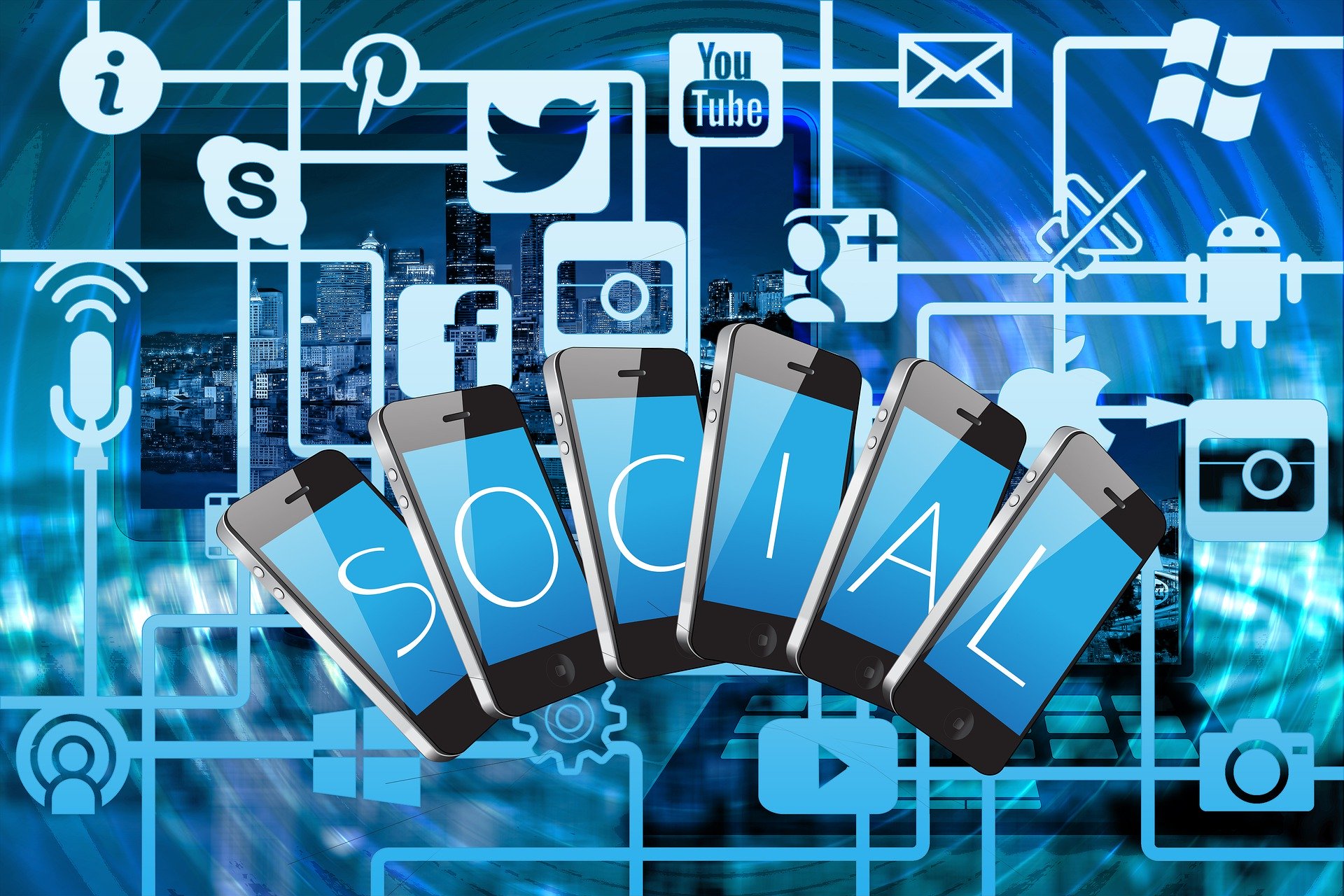Social Media, the Opinion Battlespace, and the Expeditionist Mentality

Social media, despite its blessings of connectivity and information-sharing, has also created a never-ending torrent of new problems and issues. Cruising through the rough seas of Twitter and Facebook can sometimes seem like a Sisyphean task. You send out a well-meaning message, only to be shouted down and condemned by angry strangers. You reply to a post and trolls – like hydra heads – rise up to sink in their fangs.
Why all the negativity? Is everyone really out for blood or do threads and feeds just bring out our inner werewolf? According to a recent study by University of Muenster researchers, negative stories actually outpace positive news on social media. Similarly, a report by MIT found that false news travels six times faster than true news. Given the fact that more than half of people in countries like the UK get their news primarily from social media, the digital environment and the interactions therein necessarily get more skewed.
But for many around the world there’s more at stake than hurt feelings. Tweets can make stocks plunge, brigades of “cyber troops” can disrupt political campaigns, and disinformation networks can both incite protests and keep people from seeking medical treatment.
That’s why the UN Secretary General has called fake news a “threat to people’s lives, health, security and to public health systems across the world”. Speaking at a recent roundtable hosted by the London School of Economics, professor Shakuntala Banaji expressed a similar sentiment. “Misinformation,” she said, “is almost monolithic.” Banaji explained that Whatsapp was particularly powerful, having the ability to combine various forms of media and genres into a single, easily weaponised cultural narrative.
At the same event, author and propaganda researcher Peter Pomerantsev also touched on social media’s very real dangers. Praising the need for free speech and pluralism, Pomerantsev admitted that they had nevertheless fuelled polarisation by enabling more people to engage in “different reality bubbles”. These in turn went on to serve as the breeding place for the kind of hostile, “mass coordinated behaviour” that implements “censorship through noise”.
Pomerantsev explained that media literacy could help social media users to navigate their highly charged surroundings better. There needs to be, he remarked, “a different form of regulation that empowers people online to understand how the information environment around them is shaped.”
Media literacy is certainly important, and governments around the world – fearing the kind of interventions and “infodemics” that marked the 2016 US Election – are also taking measures of their own. Still, a war of ideas has been waging since the dawn of civilisation, and there has never been a time in history where narratives and the means of communicating have been so fluid, so malleable, so easily manipulated.
In many ways social media is still an unexplored ocean. In order to plunge its depths and navigate its dangers, one needs to be a bit of an expeditionist, drawing upon an abundance of interdisciplinary, collaborative, and research- and experience-backed expertise. As the recent past has shown, the journey ahead is bound to be an Odyssean one; there will always be new technologies to master and new obstacles to overcome. But with the right set of insights, combined with an expeditionist mentality, a clear path can be charted, and safe passage to calmer waters can be found.
By Drew Manns
